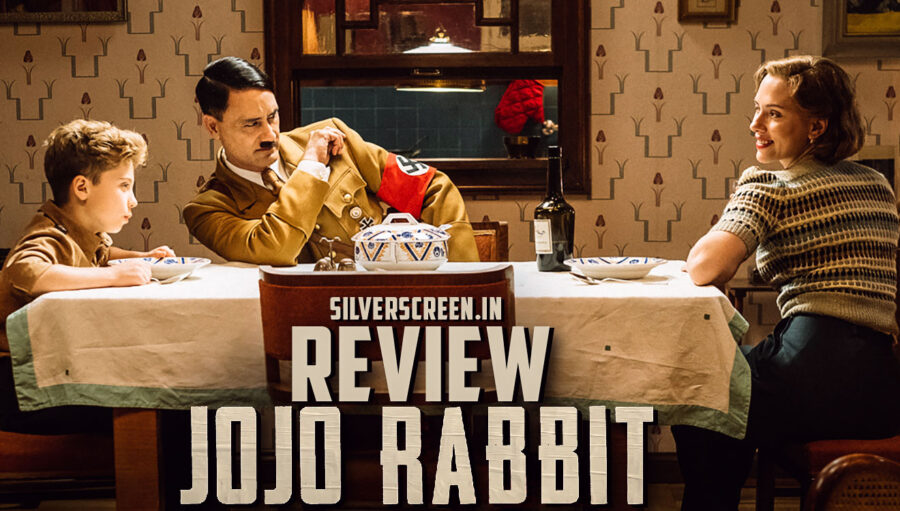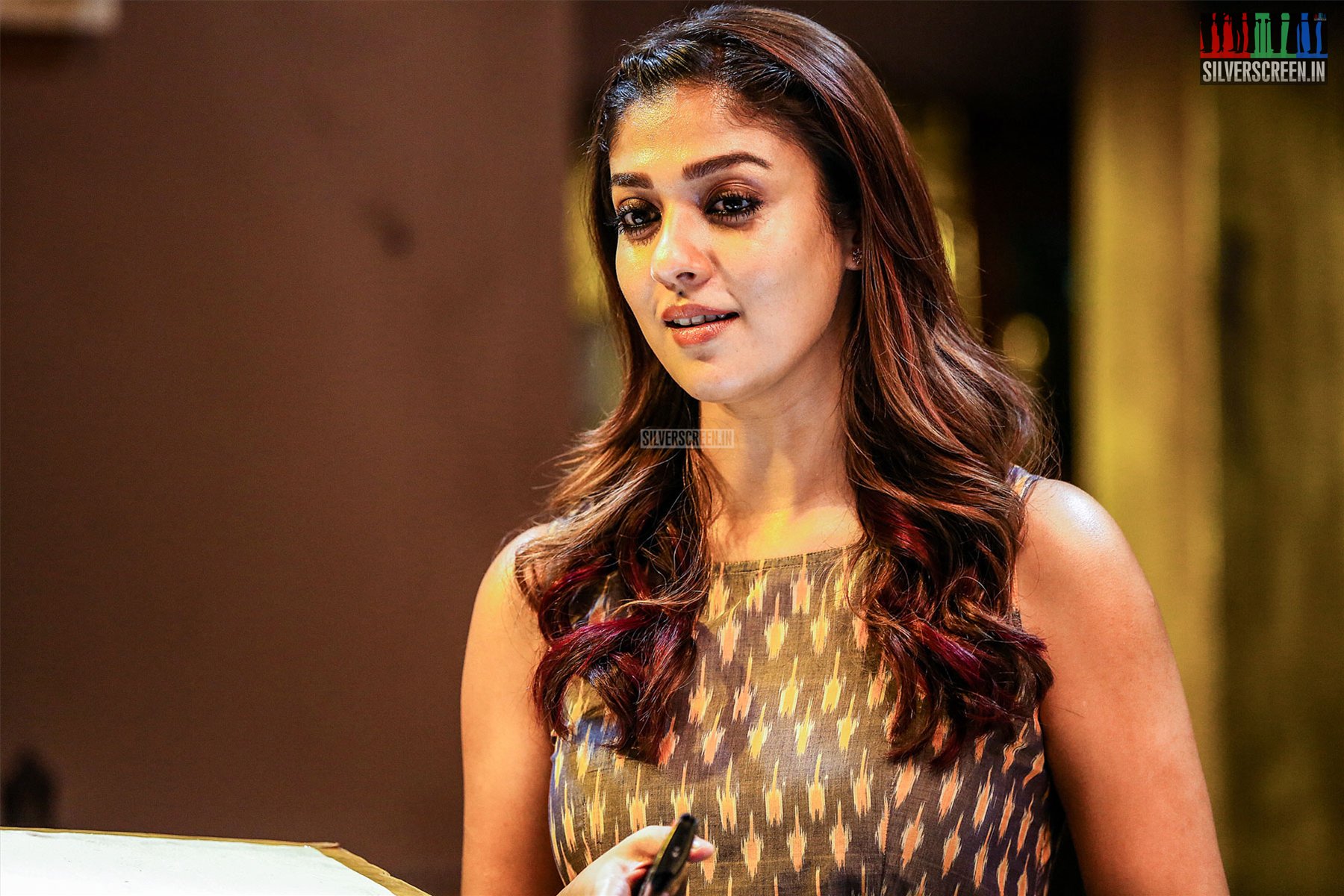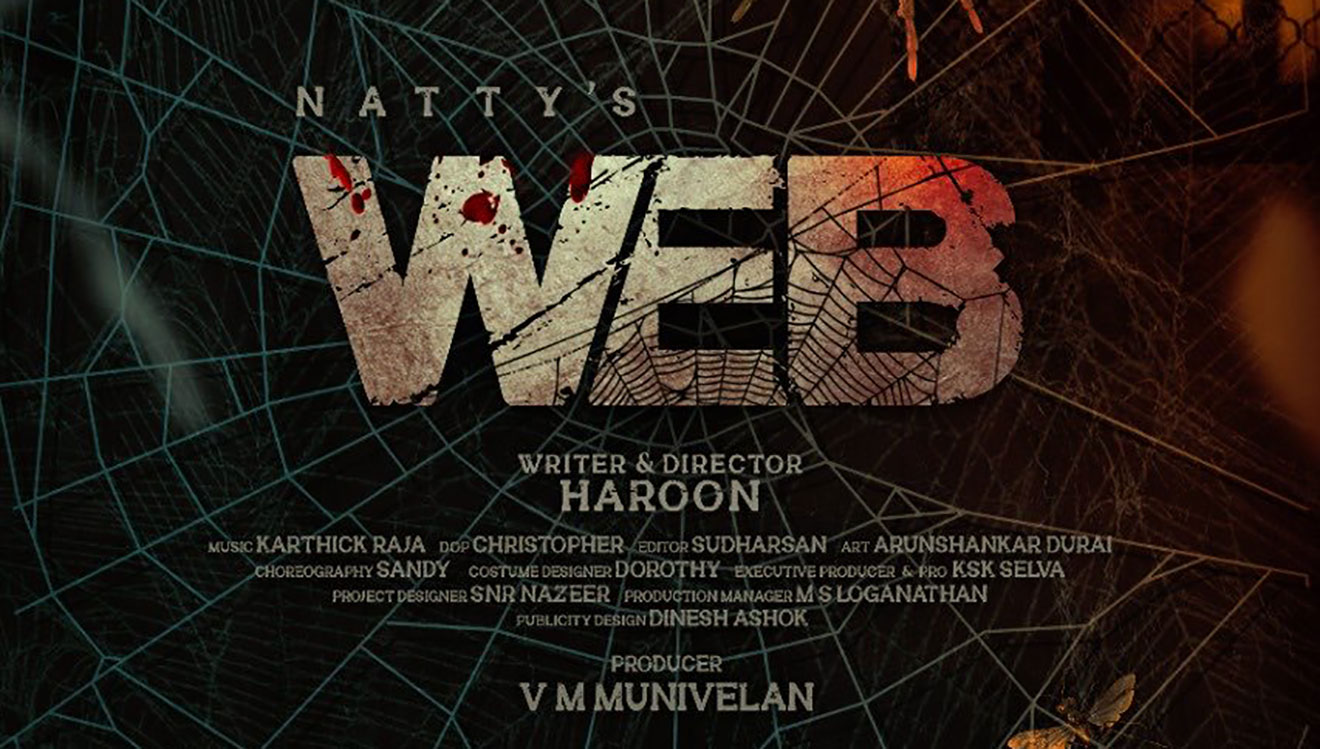Director: Taika Waititi
Cast: Scarlett Johansson, Taika Waititi, Rebel Wilson, Sam Rockwell, Roman Griffin Davis
Taika Waititi called his new film Jojo Rabbit anti-hate satire. In the film, a 10-year-old Nazi kid Jojo Betzler (a very funny, charming Roman Griffin Davis) is fascinated by Hitler, the prevailing and thriving fascism, and is enthusiastic to already go to war. He believes his father is out there fighting for Germany. He also has an imaginary friend — Adolf Hitler, played by Waititi, occasionally appearing to offer some advice and take the mickey out of himself and his situation.
Waititi reimagines Nazi Germany, amid war, through the eyes of a brainwashed child where everyone around him appears like a parody that is absurd only to his eyes. It is difficult to say if this is trademark Waititi because the film, at times, shoots too straight, it goes for the easy laughs and obvious jokes around a wacko band of characters making up Nazi Germany — a one-eyed (get it?) general — Klenzendorf (Sam Rockwell), an instructor (Rebel Wilson) in the Nazi youth camp that Jojo attends, and a Gestapo officer (Stephen Merchant) doing the rounds searching for Jews under the attic. Alfie Allen plays Finkel, Klenzendorf’s apprentice and the quietest of them all.
It is a bit of a cliche to witness and interrogate tragedy, terrorism and, ugliness through the eyes of a child but the Waititi stamp here is that Jojo isn’t just an innocent child. Imagine Life is Beautiful but it really isn’t because the child is mentored by Hitler. Jojo is a Nazi who wants to write a book on the terribleness and pointlessness of Jews (the book’s title is one of the cleverest jokes that’ll keep popping in your head long after you’ve watched the film) and right at the beginning, he gets injured, with scars on his face. He says and does the most terrible things, but he is written and performed in a manner that is both pointed and endearing. The normal person in this satirical setting is Jojo’s mother Rosie (Scarlett Johansson). Rosie commands everyone from Jojo to Klenzendorf, and her character and Elsa’s (Thomasin McKenzie) — a Jew — are the ones Waititi employs to bring out both warmth and heart to this anti-hate satire.
Recommended
It’s a challenging balancing act — this is not a comedy through and through. Jojo Rabbit tries to preach love while making its occasionally funny commentary on hate. There are some interesting visual turns the film takes — a peaceful couple taking a walk as Rosie sows the seeds for Jojo’s rehabilitation, their bike rides through a conspicuously beautiful war-time Germany. Or, the scene where Rosie plays the double act as the father and mother. The tonal shifts in Jojo Rabbit do not work every time and even when they do, it is to the credit of the first-rate actors (look out for Archie Yates). The idea of making a satire that also wants to touch your heart is a noble one, but the film then sacrifices some of its bite in service of the warmth it is going for.
Waititi’s Hitler is a rather unimaginative one, whose bits with Jojo work like a humorous skit that isn’t particularly memorable. What stays with you are Jojo and Elsa’s bonding moments, their initial tease of violence and, later, the possibility of love. And almost every moment where Yates appears as Yorki. There is a whole other film with just Jojo and Yorki waltzing through the terror of D-Day with not a care in the world. That’s anti-hate.



